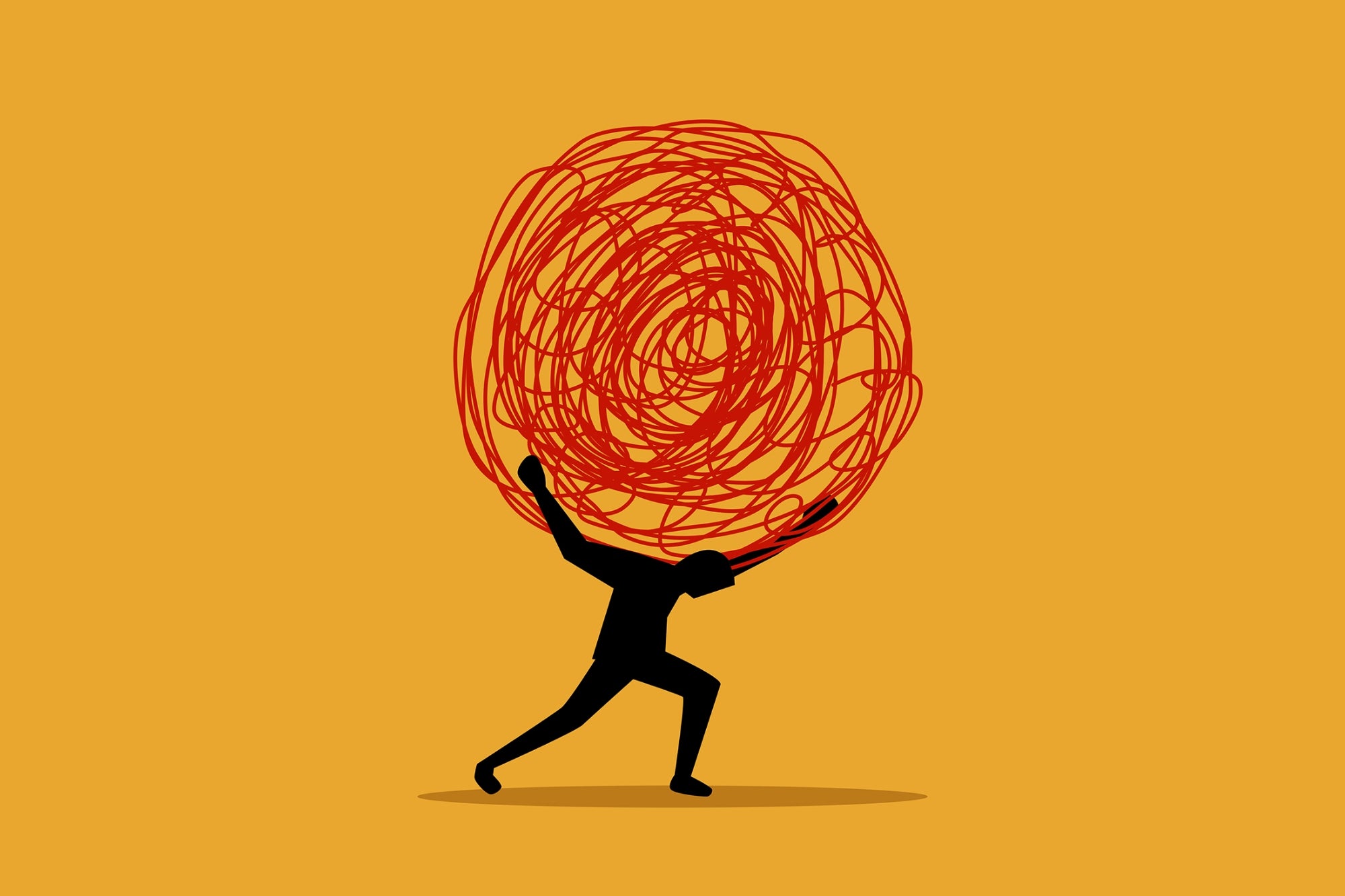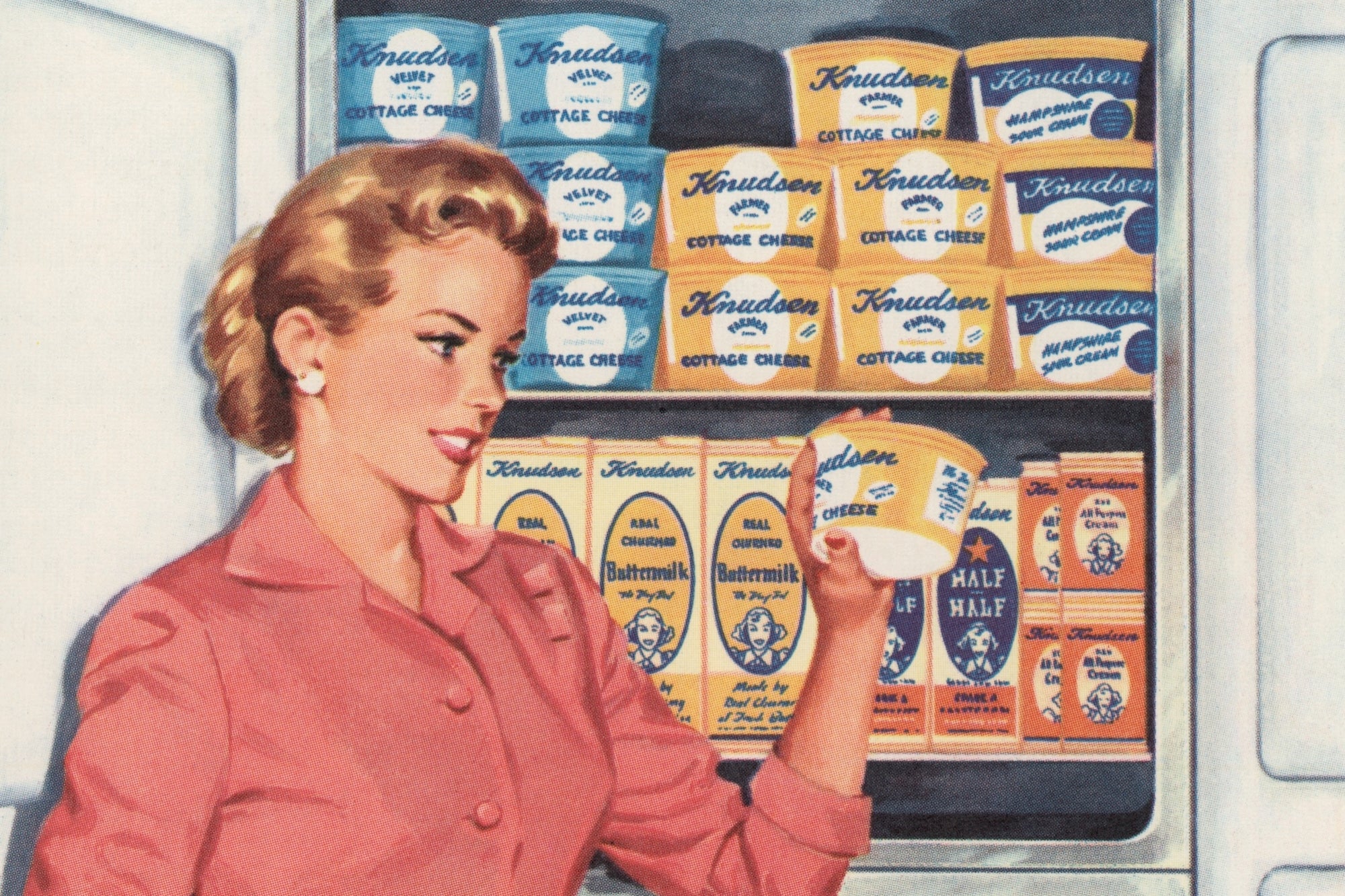Wikipedia Is Restricting Editing on Its 'Recession' Page Due to Arguing People were fighting over the definition of a recession, per Bloomberg.
Opinions expressed by BIZ Experiences contributors are their own.
Wikipedia had to partially lock up its "Recession" page after readers made a series of edits while arguing over the exact definition of a recession, Bloomberg reported Tuesday.
Whether or not the U.S. is actually in a recession is up for debate. Inflation is record-high, but, as CNBC noted, the job market is doing relatively well, and unemployment is low, at 3.6%. All of the conflicting data is leaving economists pretty confused.
The debate has now leaked to the pages of Wikipedia. The crux of the argument was whether or not to focus on the definition of a recession as when the GDP falls for two quarters in a row, Bloomberg reported.
That's already happened in the U.S. GDP fell at an annual rate of .0.9% in Q1 and 1.6% in Q2, according to the Bureau of Economic Analysis.
Hundreds of users edited the page over the issue, which led the nonprofit to designate the page as "Semi-protected," Wikimedia told Bloomberg. (The foundation that runs Wikipedia did not immediately respond to BIZ Experiences's request for comment.)
"Semi-protected articles can only be edited by logged-in users whose accounts are at least 4 days old and have made at least 10 edits," Wikimedia told the outlet.
It's not atypical to have to lock up pages after they receive a lot of edits, and this sort of thing helps "ensure that Wikipedia content is neutral and well-sourced," Wikimedia added.
The sentence about the GDP issue continues to be edited.
"According to most scholars, countries, economists and central banks, a recession refers to a period of two or more consecutive quarters of decline in a country's real gross domestic product (real GDP)," it said on Tuesday.
By Wednesday morning, it read, "Although the definition of a recession varies between different countries and scholars, two consecutive quarters of decline in a country's real gross domestic product (real GDP) is commonly used as a practical definition of a recession."
However, as the report notes and the Wikipedia page goes on to say, a private nonprofit called the National Bureau of Economic Research is the official say on whether or not the U.S. is in a recession.
But it's a more cautious approach, and the organization does not like to have to change its tune. "The NBER's definition emphasizes that a recession involves a significant decline in economic activity that is spread across the economy and lasts more than a few months," its website says.
"It waits until sufficient data are available to avoid the need for major revisions to the business cycle chronology," the site adds.
And, so far, the NBER has been pretty firm that we're not, in fact, in a recession, Bloomberg reported.










